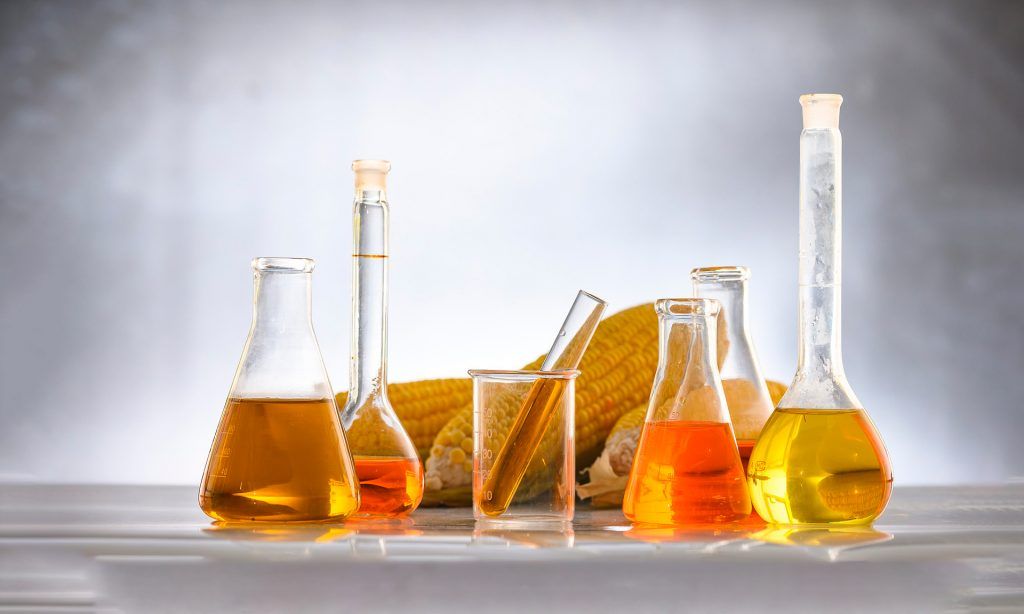At the end of 2017, Brazil established the National Biofuels Policy (RenovaBio), with the objective of contributing to the decarbonization of Brazil’s transportation matrix in accordance with the commitments made under COP21.
To achieve this, the World Trade Organization (WTO) refers that the program takes into account the relationship between energy efficiency and the reduction of greenhouse gas emissions.
The program is based on three main instruments: annual carbon intensity reduction targets (CO2/MJ) for a minimum period of 10 years; certification of biofuels according to their efficiency in reducing greenhouse gas emissions; and decarbonization credits (CBio).
Biofuels and ethanol
Based on these instruments, the environmental costs of fossil fuel use are transformed into revenues for biofuel producers.
This generates efficiency incentives for sustainable growth in the sector.
In 2021, the program avoided the emission of 24.4 million tons of greenhouse gases.
This was possible thanks to the trading of 24.4 million decarbonization credits by fossil fuel distributors, which represented about 98% of the target set for that year.
On the other hand, in the last five years, Brazil maintained its position as the world’s second largest producer and exporter of ethanol, behind only the United States.
However, in 2021, production fell by 8.6% year-on-year, to 188.5 million barrels, due to the droughts that affected sugarcane crops.
Ethanol
In 2020, the state of São Paulo concentrated 44.8% of national production.
However, its relative share fell by 11.9% compared to 2019.
According to the WTO, the national production of anhydrous ethanol was 10.3 million cubic meters in 2020.
This represented a 1.5% decrease from the previous year.
Between 2011 and 2020, anhydrous ethanol production grew at an average annual rate of 1.7%.
At the same time, anhydrous ethanol production decreased 9.5 percent to 22.6 million cubic meters, equivalent to 68.8 percent of domestic ethanol production.
Average growth over the 2011-2020 period was 4.7 percent.
Overall, the ethanol fuel industry continued to depend on sugar production, subsidies and the evolution of international oil prices.

